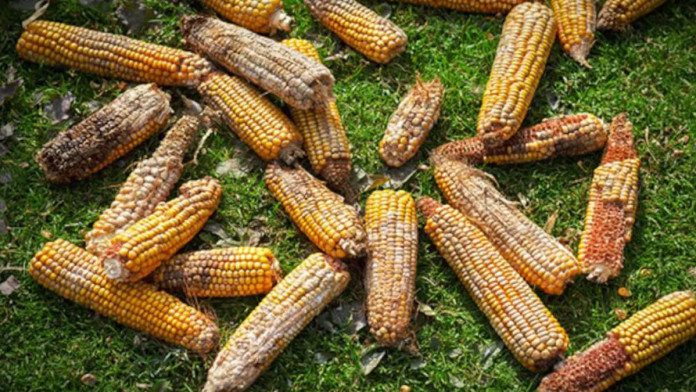News in Brief:
– Ghana and the WFP are partnering on a project to address post-harvest losses in maize production, a major challenge costing the country $1.9 billion annually.
– The government aims to boost production, improve market access for smallholder farmers, and encourage best practices.
The World Food Programme (WFP) is partnering with Ghana’s Ministry of Food and Agriculture (MoFA) to tackle a significant challenge in the country’s agricultural sector: post-harvest losses.
A recent workshop held in Sunyani revealed that Ghana loses an estimated $1.9 billion annually due to inadequate storage, processing facilities, and transportation infrastructure.
Addressing bottlenecks and boosting production
The initiative, dubbed the ABINBEV pilot project, targets smallholder maize farmers in the Ashanti, Bono, and Upper West regions. It aims to address key bottlenecks by providing farmers with essential post-harvest equipment and training. This will help to minimise losses and improve the overall productivity of maize cultivation.
Steven Odarteifio, Head of Food System at the WFP, noted the crucial role of smallholder farmers in Ghana’s agricultural sector, describing them as the real engine of growth.
Essentially, the initiative will provide training and farm inputs to support increased production. Additionally, it will assist farmers in gaining better access to markets and securing fair prices for their crops.
Meantime, the food programme says it is further committed to supporting Ghana’s agricultural sector through a separate $50 million project funded by the Mastercard Foundation. This initiative focuses on improving the production of six key commodities rice, maize, millet, tomato, pepper, and onions.
The project specifically targets female and young farmers. Expected outcomes include a significant increase in maize yield, with projections aiming to raise production from the current 1.5 to 1.8 metric tons per hectare to a range of 4.0 to 6.0 metric tons per hectare. The project also aims to promote the adoption of best practices and improve post-harvest technologies among participating farmers.
Finally, the Bono Regional Director of MoFA, Denis Abugri Amenga, highlighted the region’s existing partnership with the WFP on the Agribusiness for Youth Employment Project (AgYE). This initiative shares similar goals of reducing post-harvest losses and creating employment opportunities. Mr. Amenga pledged MoFA’s full collaboration in ensuring the successful implementation of the ABINBEV project.



